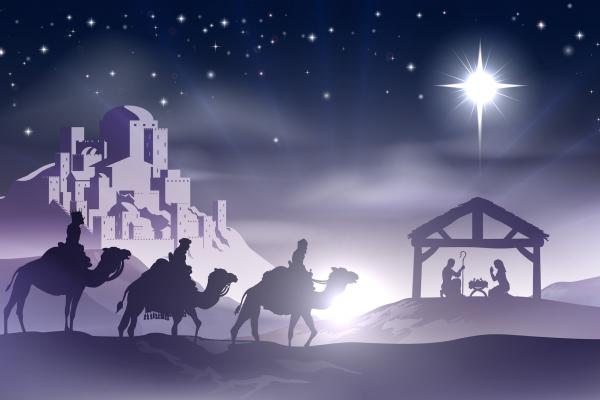Dec 23, 2015
This is not the talk of charity and giving Christmas toys and turkeys to the less fortunate. The language of Mary is the narrative of revolution and redistribution, two words that the powers that be just hate. And while the revolution that Christ brings is not violent, it is nonetheless completely transformational. Mary got it.
Herod did too. The nearest political ruler to the birth of Christ immediately saw the possible implications for him.
Read the Full Article

Already a subscriber? Login
